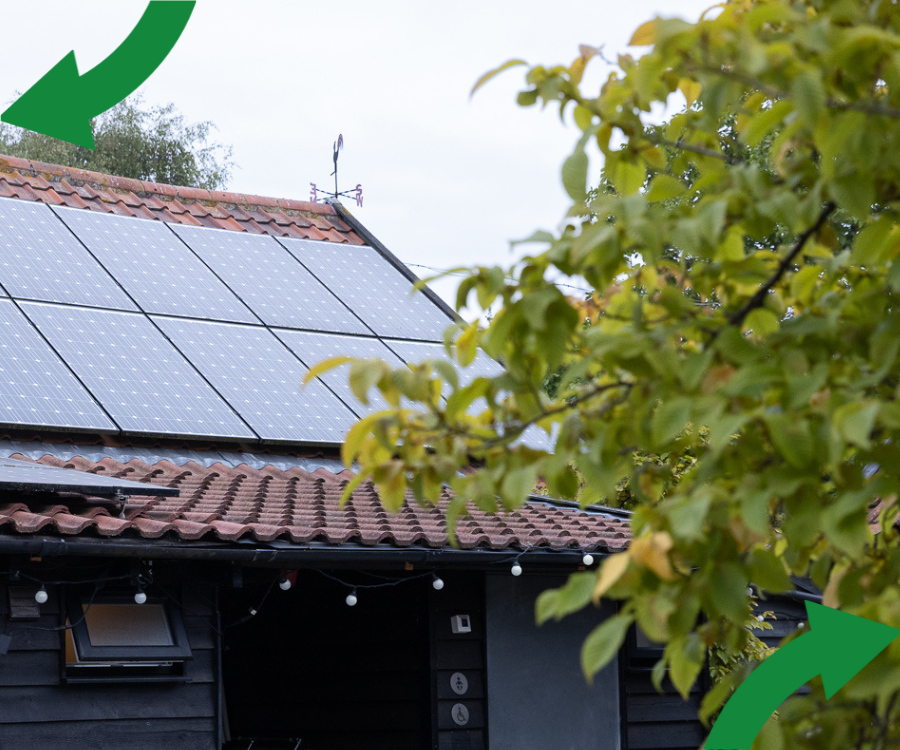In an era where the demand for clean and renewable energy is rapidly increasing, embracing renewable energy sources has become a pivotal step towards building a sustainable business.
Renewable energy not only offers numerous environmental benefits but also provides economic advantages and enhances the reputation of organisations committed to sustainability.
In this article, we will explore the advantages of harnessing renewable energy and how it can contribute to the success of sustainable businesses, outlining 5 benefits for investing in renewable energy which may be helpful to those creating a business case for investment.
1. Environmental Benefits
Transitioning to renewable energy sources offers significant environmental benefits. Unlike fossil fuels, renewable energy generation produces minimal greenhouse gas emissions, reducing the carbon footprint of businesses.
By utilising renewable energy, such as solar, wind, or hydroelectric power, companies can help mitigate against climate change, conserve natural resources, and protect ecosystems.
Embracing renewable energy is a vital step towards achieving a sustainable future for our planet.
2. Cost Savings of Renewables
Renewable energy can lead to substantial cost savings for businesses. While initial investment costs may be high, the long-term operational expenses are significantly lower compared to traditional energy sources.
Renewable energy systems have minimal fuel and maintenance costs, resulting in reduced energy bills over time.
Moreover, renewable energy technologies are becoming increasingly efficient and cost-effective, making them a financially viable choice for sustainable businesses.
Take a look at this case study outlining the payback period on renewable energy
3. Energy Independence and Resilience
By generating renewable energy on-site or through partnerships with renewable energy providers, businesses can enhance their energy independence.
Reliance on fossil fuels and traditional energy grids can be vulnerable to price fluctuations, supply disruptions, and geopolitical risks.
Adopting renewable energy solutions allows businesses to diversify their energy sources, reduce dependence on external suppliers, and increase resilience in the face of energy-related uncertainties.
4. Renewables Create a Positive Brand Image
Investing in renewable energy demonstrates a strong commitment to sustainability, which enhances a company’s brand image and reputation.
Customers, investors, and other stakeholders are increasingly drawn to businesses that prioritise environmental responsibility.
By showcasing renewable energy initiatives, businesses can attract eco-conscious consumers, gain a competitive edge, and foster stronger relationships with stakeholders who value sustainable practices.
5. Regulatory Compliance and Future-Proofing
Renewable energy aligns with global efforts to combat climate change and reduce carbon emissions.
Many national and local governments and regulatory bodies are implementing policies and incentives to encourage renewable energy adoption.
By embracing renewable energy sources through these incentivised schemes, businesses can be ahead of evolving regulations and position themselves for future sustainability requirements. This not only ensures legal compliance but also future-proofs their operations in a rapidly changing energy landscape.
By prioritising renewable energy sources, businesses can lead the way toward a greener future while reaping the rewards of enhanced profitability, stakeholder engagement, and long-term success.
If you would like some support in understanding what options would work best for you, the estimated energy and costs savings, our Sustainable Business Consultants can help.


